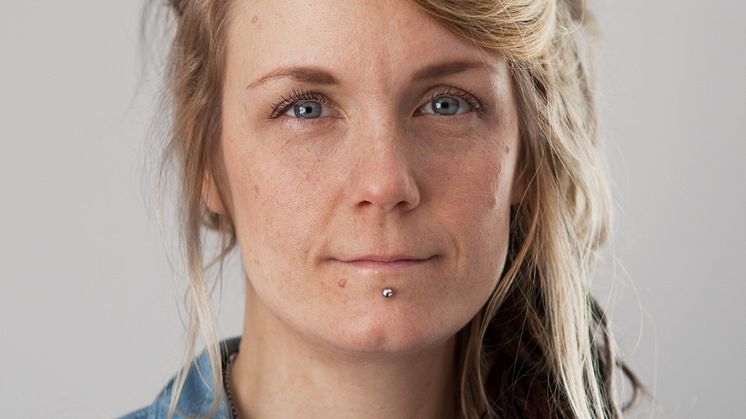Press release -
Teen gamers have as many friends as non-gamers
Young digital gamers do not have fewer friends at school than their non-gamer peers, two new research articles from Uppsala University indicate.
In their study, researchers Lina Eklund and Sara Roman investigated how digital gaming affects young people’s friendship formation. The results show that neither the adolescents who spend much of their time gaming nor those who self-identify as gamers have fewer school friends than their peers who play little or not at all. Evidently, too, students who are self-identified gamers tend to become friends with one another. In other words, the common interest of digital gaming seems to lead to new friendships at school.
The adolescent respondents (in their upper teens) themselves think that, as they approach adult life, they are limiting and managing their gaming in a way that enables them to prioritise what individuals of their age find important, such as friends, sport and school.
The study was based on analysis of all (115) first-year students at a new upper-secondary school in a Swedish metropolis. In particular, the authors analysed how the students’ social networks were created and changed during their first year at the school. Ten in-depth interviews with student gamers were conducted.
“The results are both surprising and expected. Sure enough, we thought ‘gamers’ would turn out to be making friends with one another. Gaming is such an important part of today’s youth culture that anything else would be odd. Just as adolescents used to get together through shared music tastes, so gaming is now a key element in media consumption. On the other hand, we weren’t so sure whether players would prove to be less sociable, or thus have fewer friends at school. Here, the previous research is limited,” Eklund says.
For more information please contact:
Lina Eklund, Department of Informatics and Media, Uppsala University, phone +46-(0)70-3318183, lina.eklund@im.uu.se.
Stockholm Internet Research Group, www.sirg.se.
Sara Roman conducted the study at the Department of Sociology at Stockholm University.
Lina Eklund and Sara Roman (2018). Digital Gaming and Young People’s Friendships: A Mixed Methods Study of Time Use and Gaming in School. YOUNG: Nordic Journal of Youth Research, https://doi.org/10.1177/1103308818754990
Lina Eklund and Sara Roman (2017). Do adolescent gamers make friends offline? Identity and friendship formation in school. Computers in Human Behavior, https://doi.org/10.1016/j.chb.2017.03.035
The research was funded by the Swedish Research Council for Health, Working Life and Welfare (Forte).
Topics
Uppsala University -- quality, knowledge, and creativity since 1477
World-class research and outstanding education of global benefit to society, business, and culture.
Uppsala University is one of northern Europe's highest ranked academic institutions. www.uu.se

